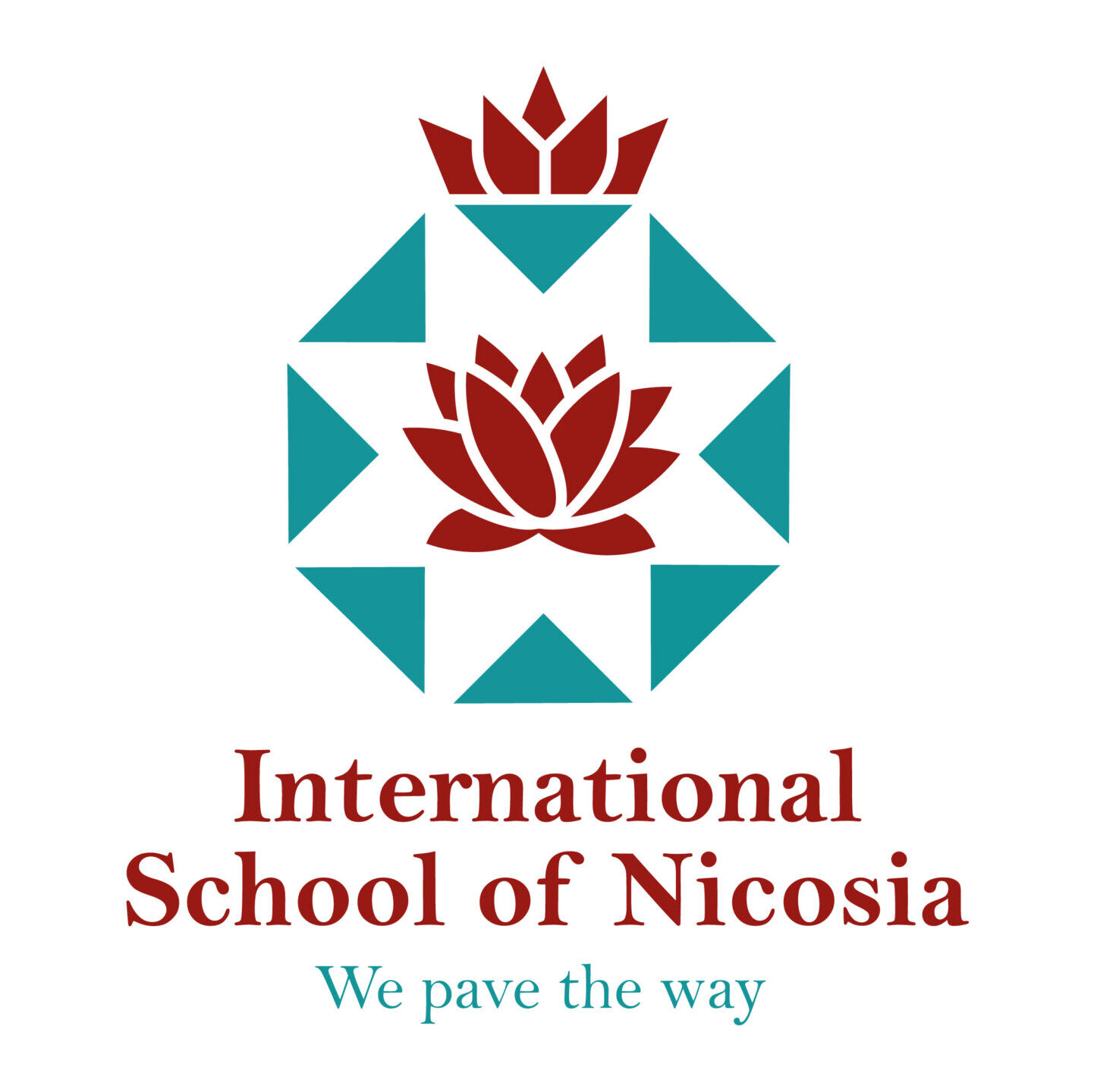Many changes are happening in the world of education today. The emphasis is on emotional intelligence, critical thinking and an awareness of achievable goals. Our responsibility is to enable children to recognise and manage their own feelings. By understanding and recognising the feelings of others also they build a wide and enriching vocabulary that embraces words depicting feelings, emotions as well as empowering them to become leaders, and pastoral cares. All age groups are able to initiate and promote personal qualities. We encourage them to grow to be compassionate and yet resilient, to be positive and yet non impulsive, to be motivated and self- confident knowing that everything is possible.
In our school we acknowledge that children are intelligent in their own particular way; that they can be better at certain things than others and be respectful to those who may be less able than themselves.
If we were to determine that the nine intelligences are a criteria for learning excellence, such as logical, linguistic, visual/spatial, interpersonal, intrapersonal, physical, naturalistic, musical and spiritual, then we are compelled to rise to the challenges and encourage the pupils of our school to know themselves, to manage themselves and to build effective relationships with others.
We are fully aware that some children have high levels of emotional competence and bringing them into daily routines of the class. Emotional literacy promotes self-esteem and the Circle time, but it is neither. It is simply a maturity of a process like any other form of learning, which requires repetition and consolidation if new skills are to be developed.
Positive statements or ways of asking questions or making comments is of vital importance, if all children are to benefit from their learning experiences.



